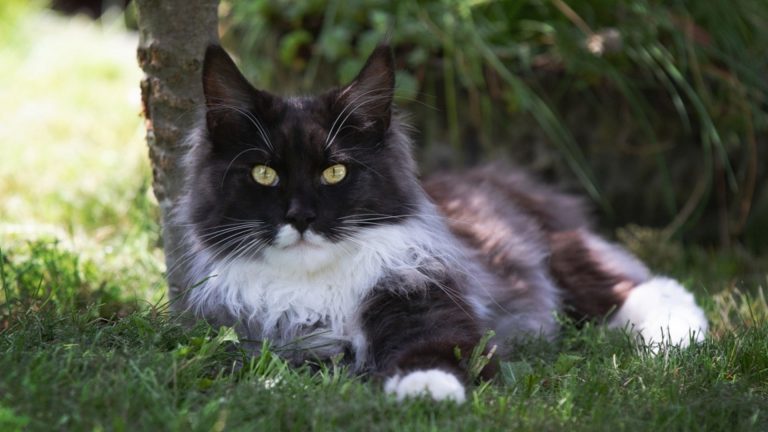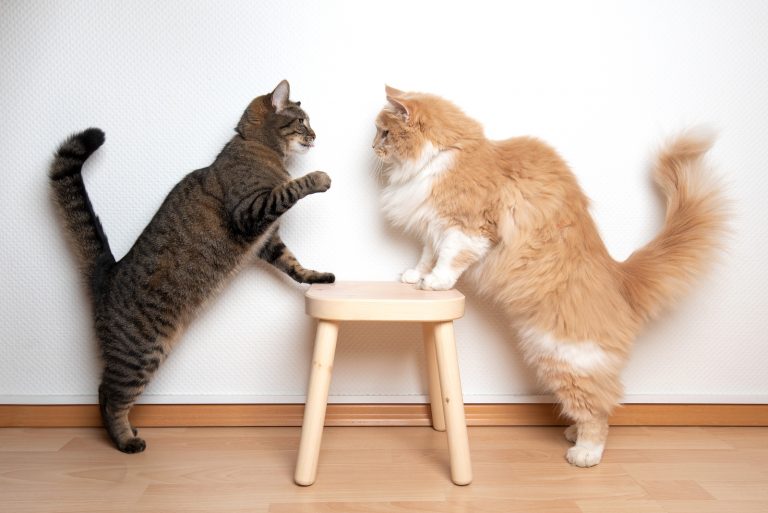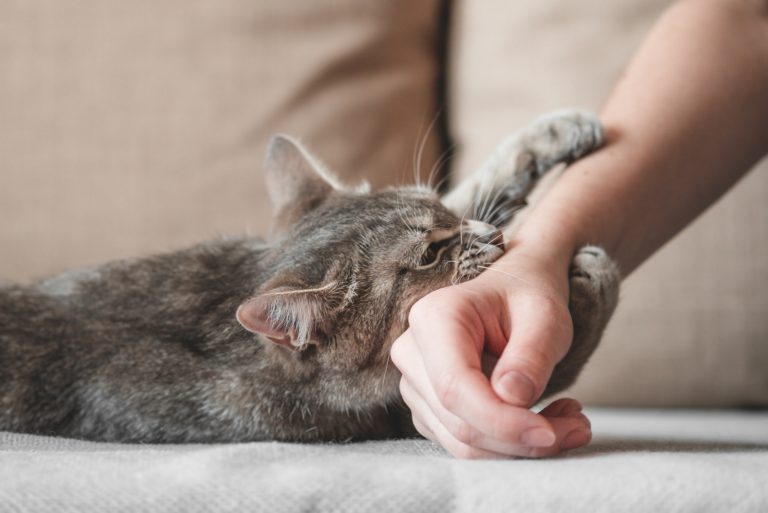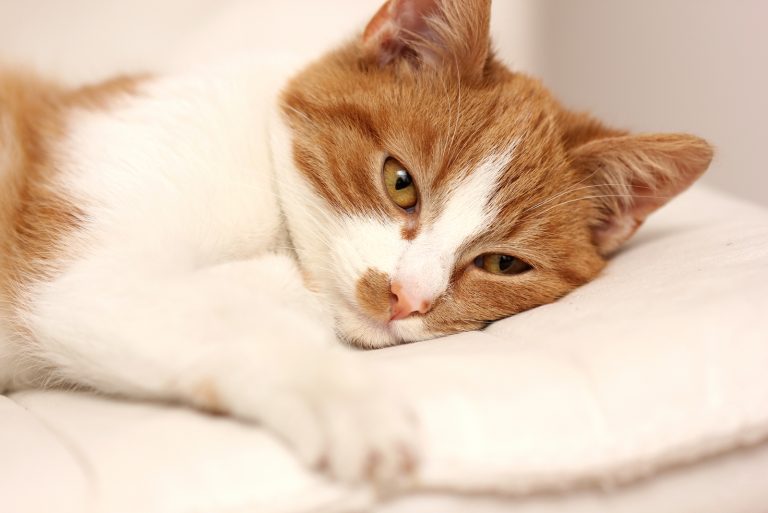6 Must-Know Dental Care Tips For Your Cat, Backed By Vets
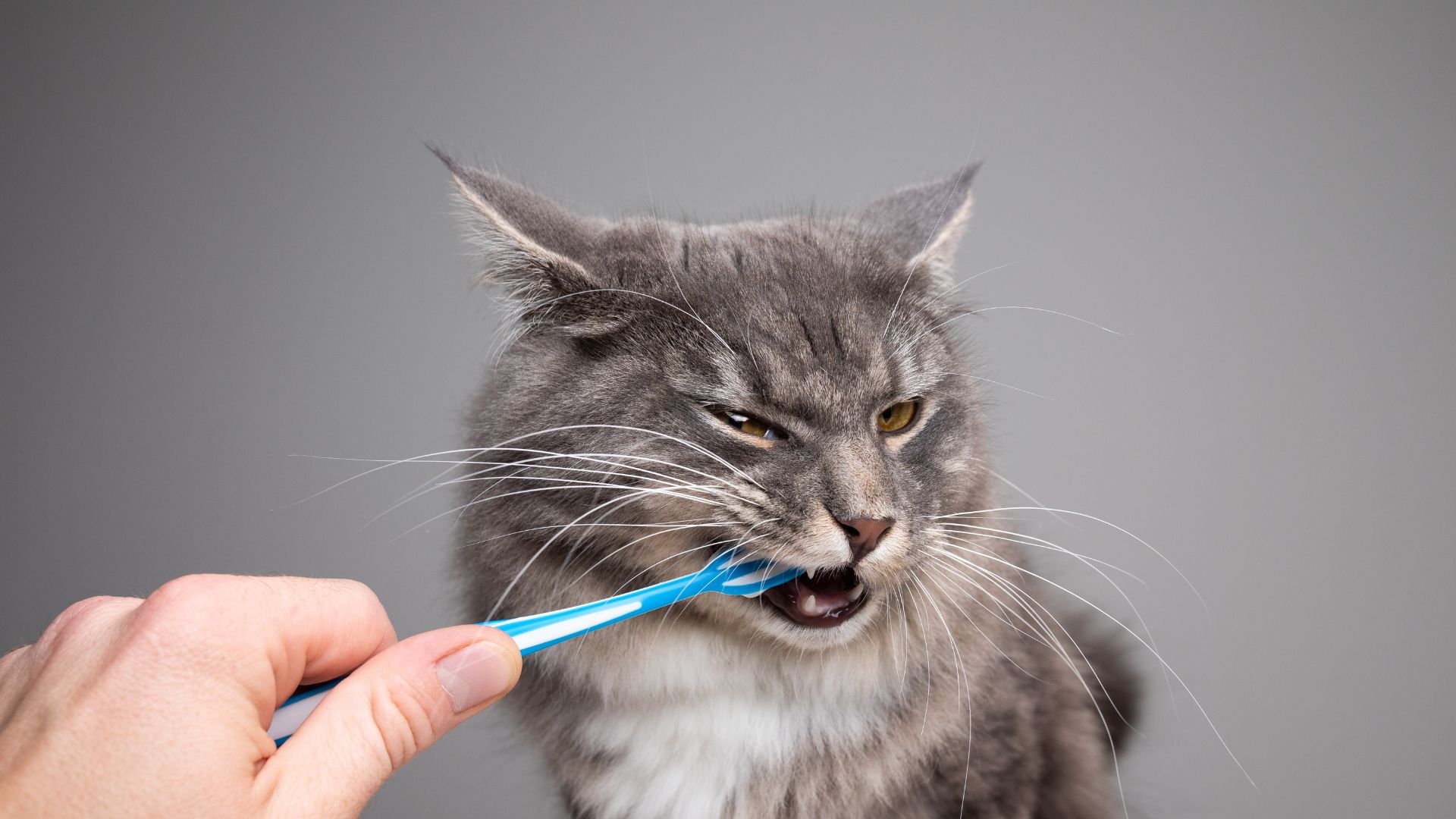
Dental issues are common in cats, which is why taking care of their precious pearly whites and preventing problems like tooth decay, tooth loss, gum disease, or gingivitis should be our top priority.
In this article, we’ll explore 6 vet-approved dental tips to effectively maintain your cat’s dental hygiene from the comfort of your own home. So, let’s not delay any further and delve right in!
1. Brush Your Kitty’s Teeth Regularly
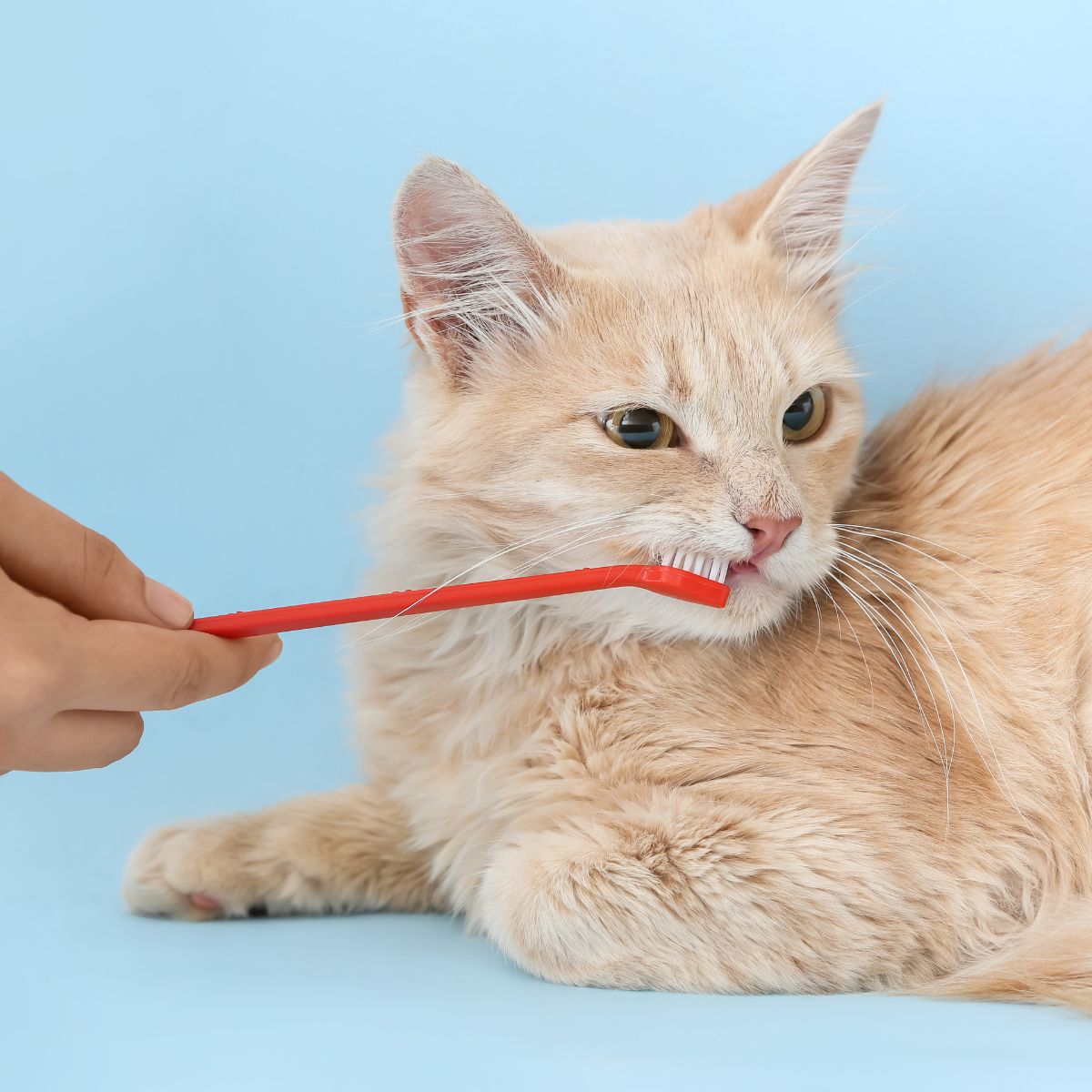
Believe it or not, our feline friends need their teeth brushed too!
Dr. Sabrina Kong, DVM, a certified rehabilitation practitioner at Jules Veterinary Center in Tracy, California, stresses the importance of brushing for a cat’s dental health.
Aim to brush your cat’s teeth daily, but if that’s a stretch, a few times a week will still help keep dental issues at bay.
Bear in mind that human toothbrushes and toothpaste aren’t cat-friendly, so pick up some cat-specific products. You can always consult your vet for advice.
For a step-by-step guide on brushing your cat’s teeth safely, check out this helpful video:
2. Invest In Cat Dental Treats
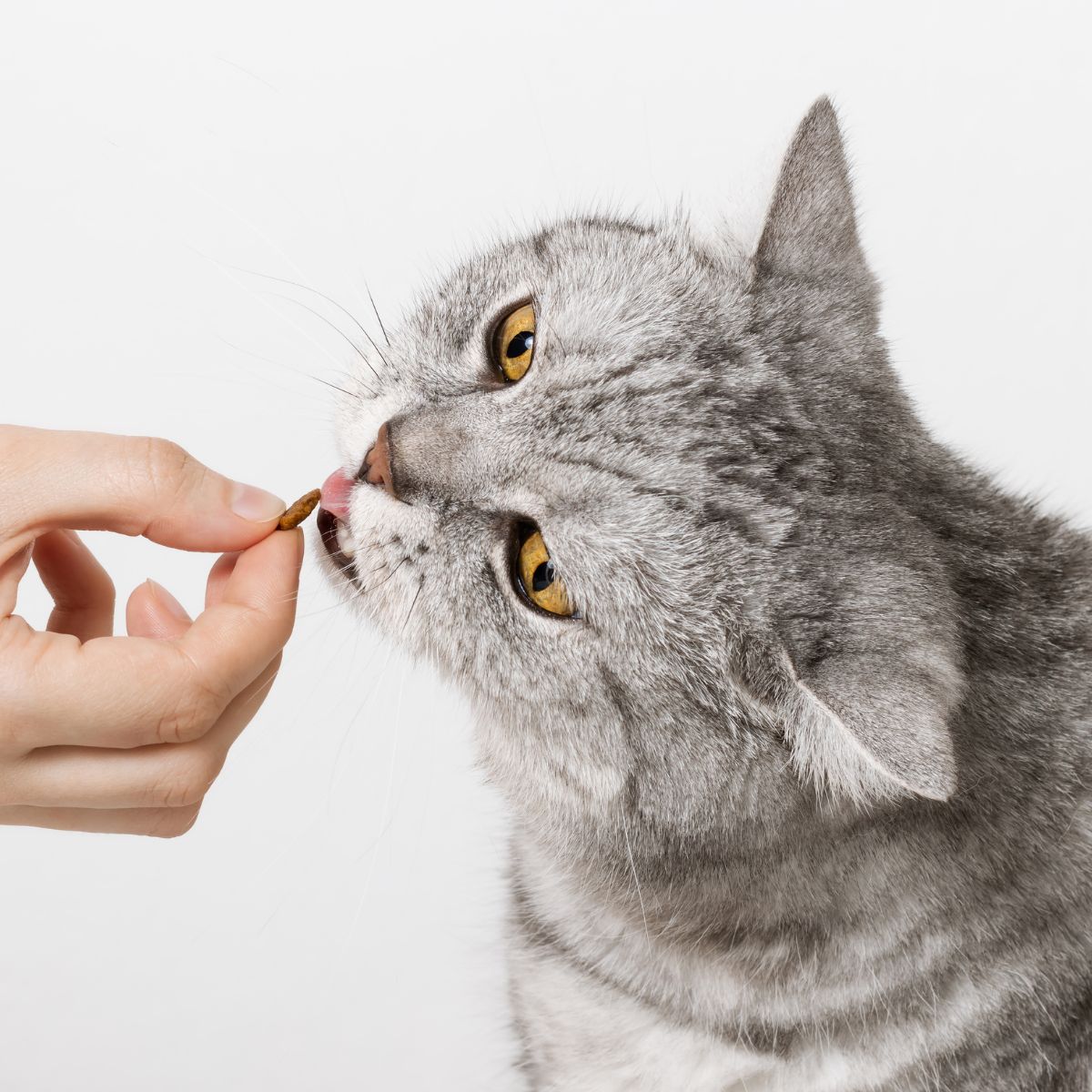
Cat dental treats are another fantastic way to maintain your cat’s dental health. Dr. Nicole Savageau, VMD, a veterinarian with The Vets in Austin, Texas, says:
“Cat dental treats promote dental health through their abrasive texture, which helps remove plaque and tartar as cats chew.”
These treats are usually tasty, which means your cat is more likely to enjoy them regularly.
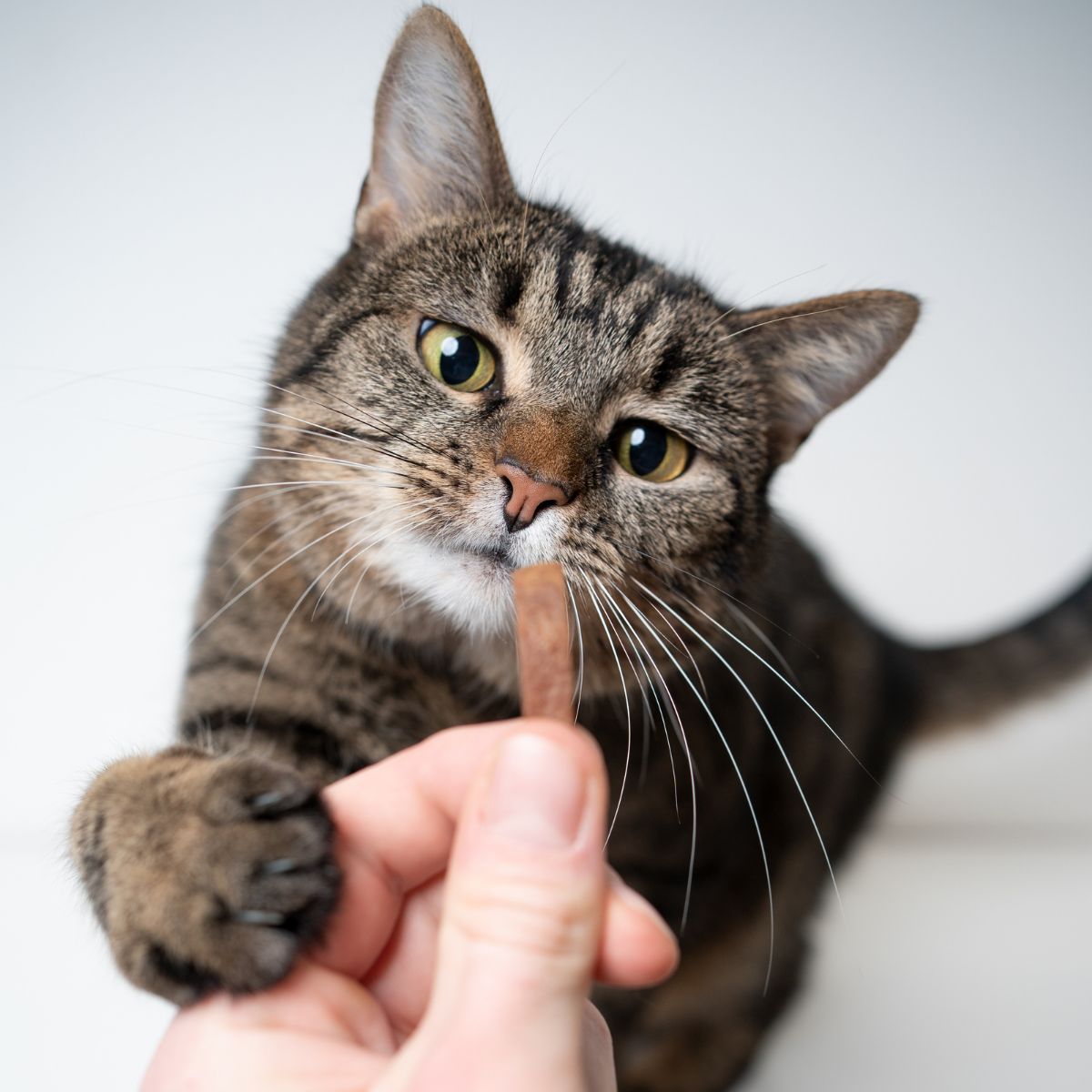
When shopping for dental treats, Dr. Savageau recommends:
• Consulting with your vet to match treats to your cat’s needs
• Choosing treats recognized by veterinary associations for safety and quality
• Opting for treats with plenty of texture to encourage chewing
• Selecting high-quality ingredients, with primary proteins like chicken, fish, or beef, and beneficial additives like chlorophyll and enzymes
• Watching the calorie content and consistency to ensure treats aren’t too hard or too soft
3. Switch To High-Quality Cat Food
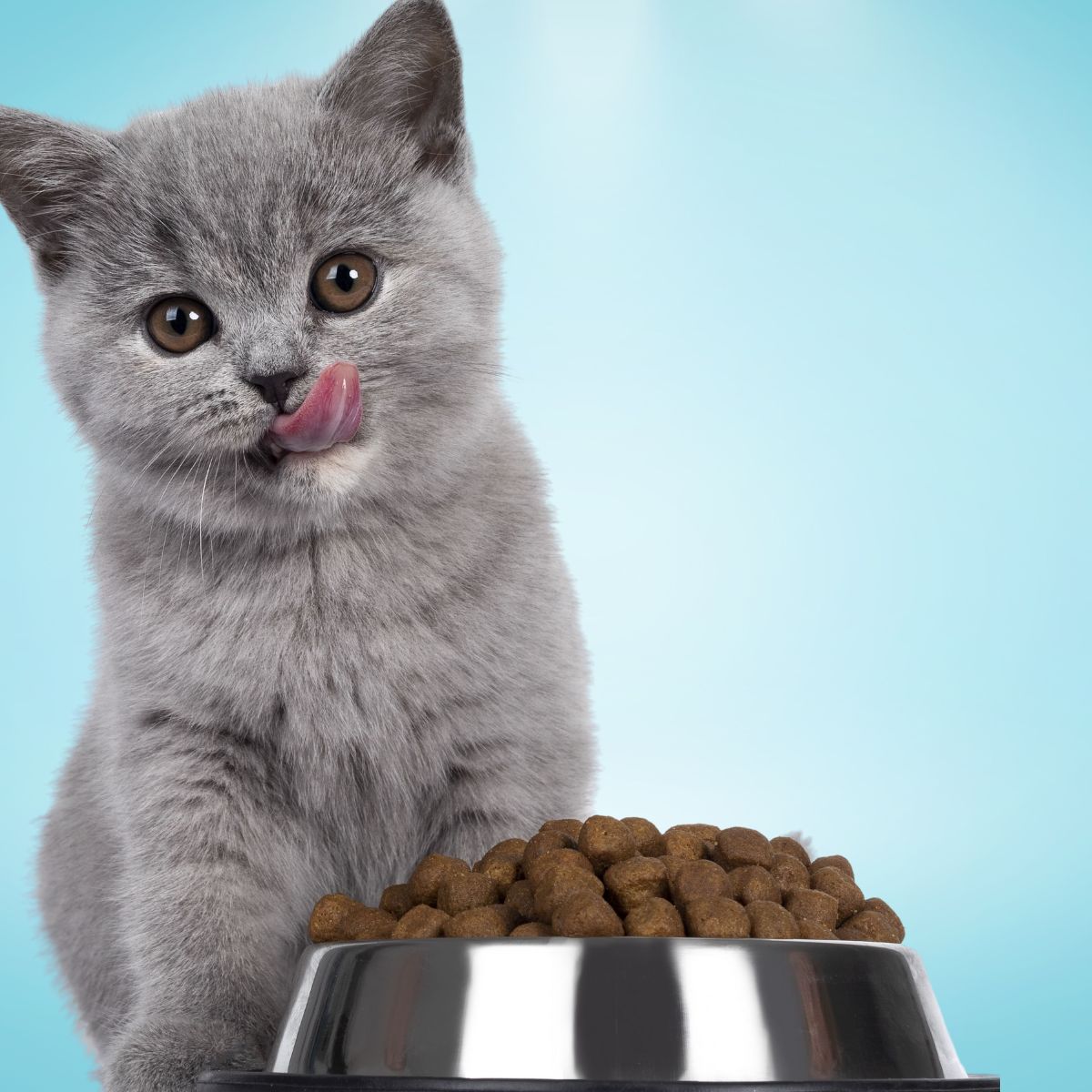
Just as sugary foods can be detrimental to our teeth, a low-quality diet can also impact the oral health of our cats. Opting for high-quality cat food can be a wise decision as proper nutrition significantly contributes to oral health.
Much like cat dental treats, this specialized cat food is formulated to minimize plaque and tartar buildup. Unlike standard kibbles, it features a larger size and a distinct texture that encourages chewing.
Plus, it’s delicious – proving healthy food can indeed be tasty!
4. Try Feline-Friendly Water Additives
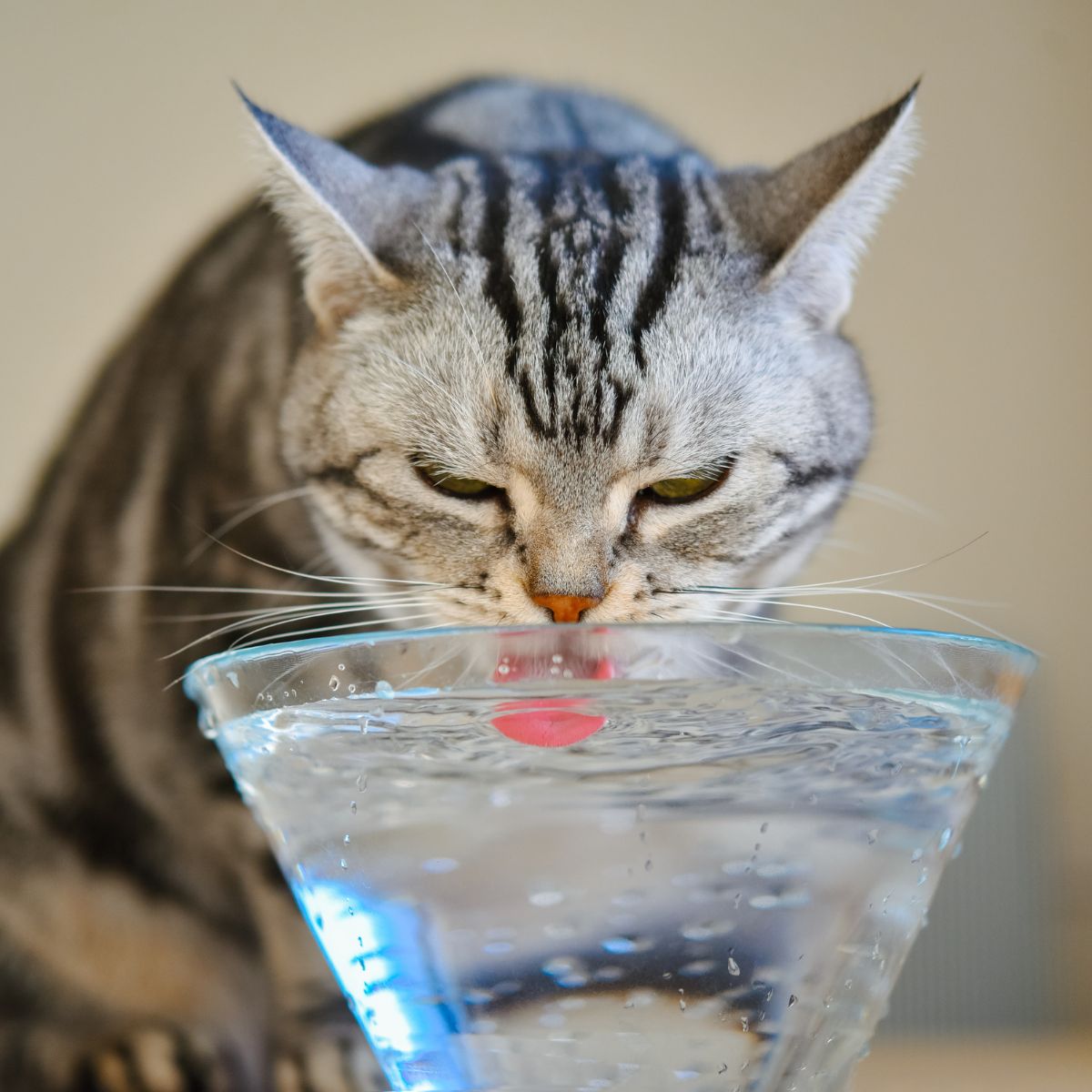
Think of water additives as a secret weapon in your cat’s dental care arsenal.
These supplements, when added to your cat’s drinking water, act like a mouthwash, tackling plaque and tartar buildup, freshening up that fishy breath, promoting gum health, and encouraging your cat to drink more water.
Before diving into the world of water additives, it’s wise to chat with your vet. They can point you toward the best options for your furball.
And of course, flavor matters – a lot! As Dr. Savageau puts it:
“Cats can be selective about the taste of their water. Choose a water additive with a flavor that your cat is likely to find palatable. If your cat enjoys the taste, they are more likely to drink the treated water willingly.”
Whether the additives are pre-measured or you need to do it yourself, pick what fits your lifestyle and, most importantly, what your cat prefers.
5. Consider Using Dental Wipes or Gels
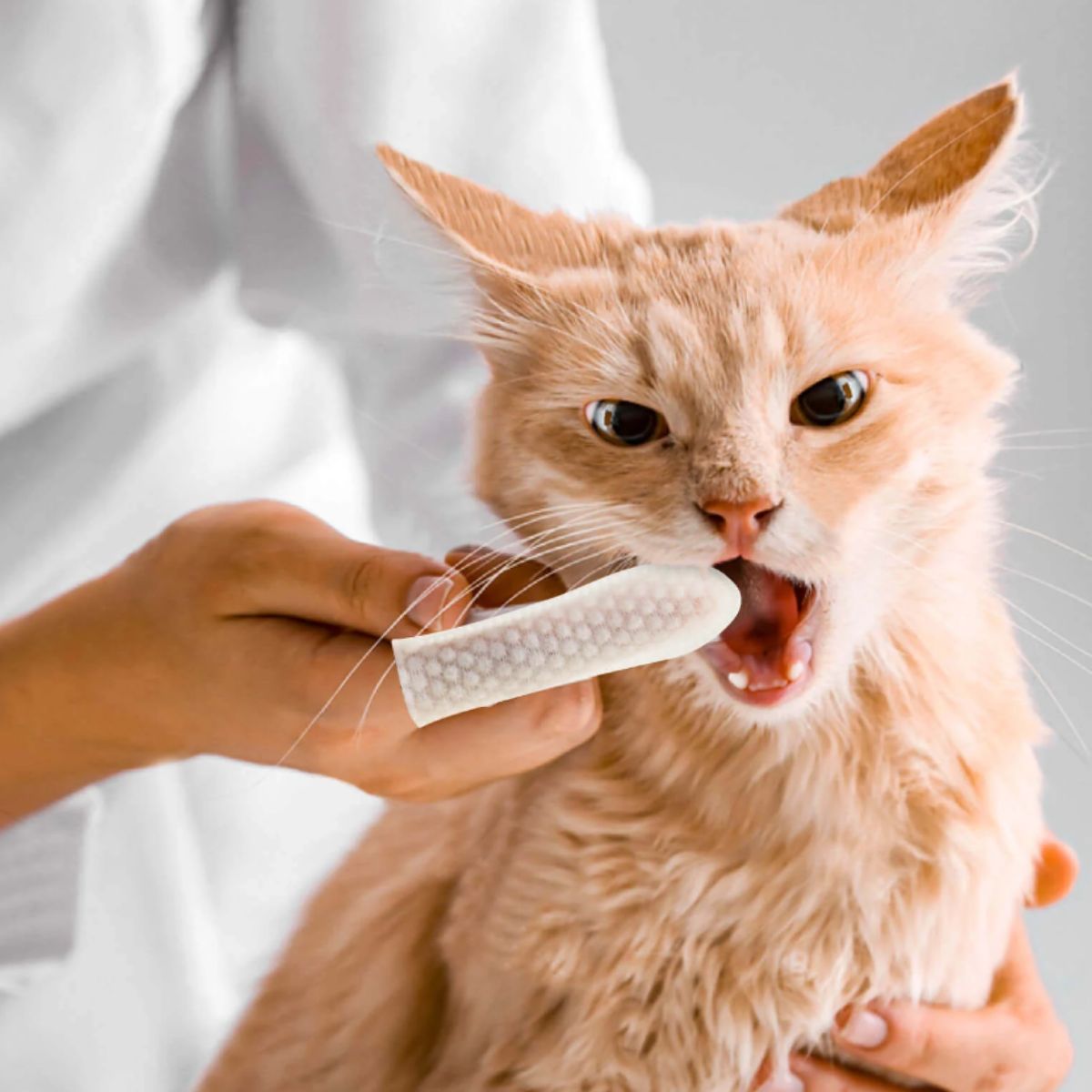
Another convenient approach to maintaining your cat’s dental hygiene is by utilizing dental wipes or gels. They offer a straightforward way to keep your cat’s teeth clean without the need for a full brushing session.
These wipes or gels should be vet-approved and always gently applied with a swab or massaged onto your cat’s teeth to help fend off plaque. It’s a quick and easy step towards better oral health.
6. Get Your Fluff Some Chewy Toys
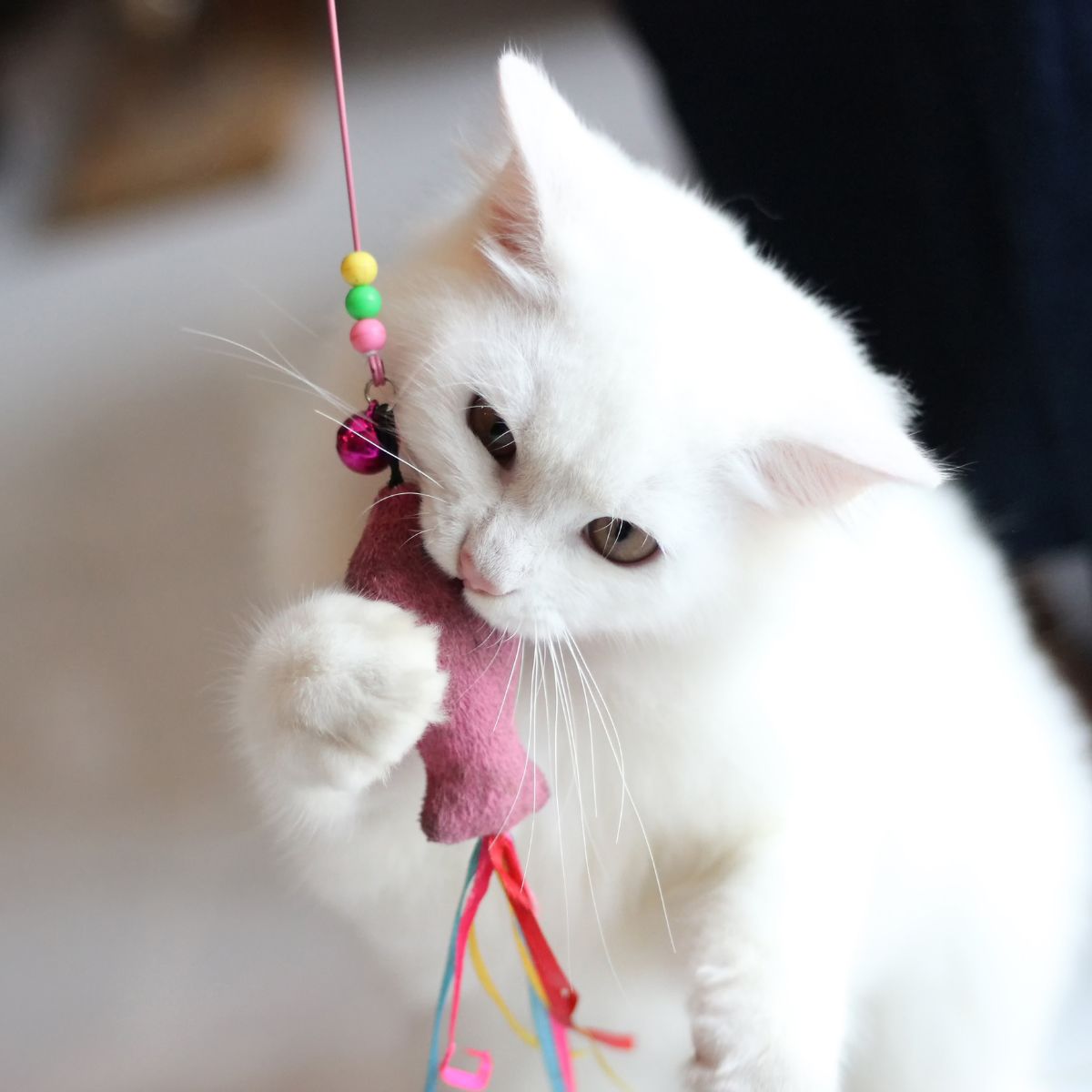
And lastly, why not make dental care a bit more fun? Chew toys designed for dental health can do just the trick!
These dental-friendly toys not only provide your cat with a satisfying object to gnaw on but also help scrape away plaque and tartar, all while keeping them mentally stimulated.

And there you have it – six vet-recommended strategies for taking care of your cat’s dental health right at home.
With a little patience and persistence (and maybe a treat or two for good behavior), you’ll find what works best for you and your kitty.
And remember, even with diligent at-home care, it’s a good idea to schedule professional dental cleanings every year or two to keep those kitty smiles sparkling.



